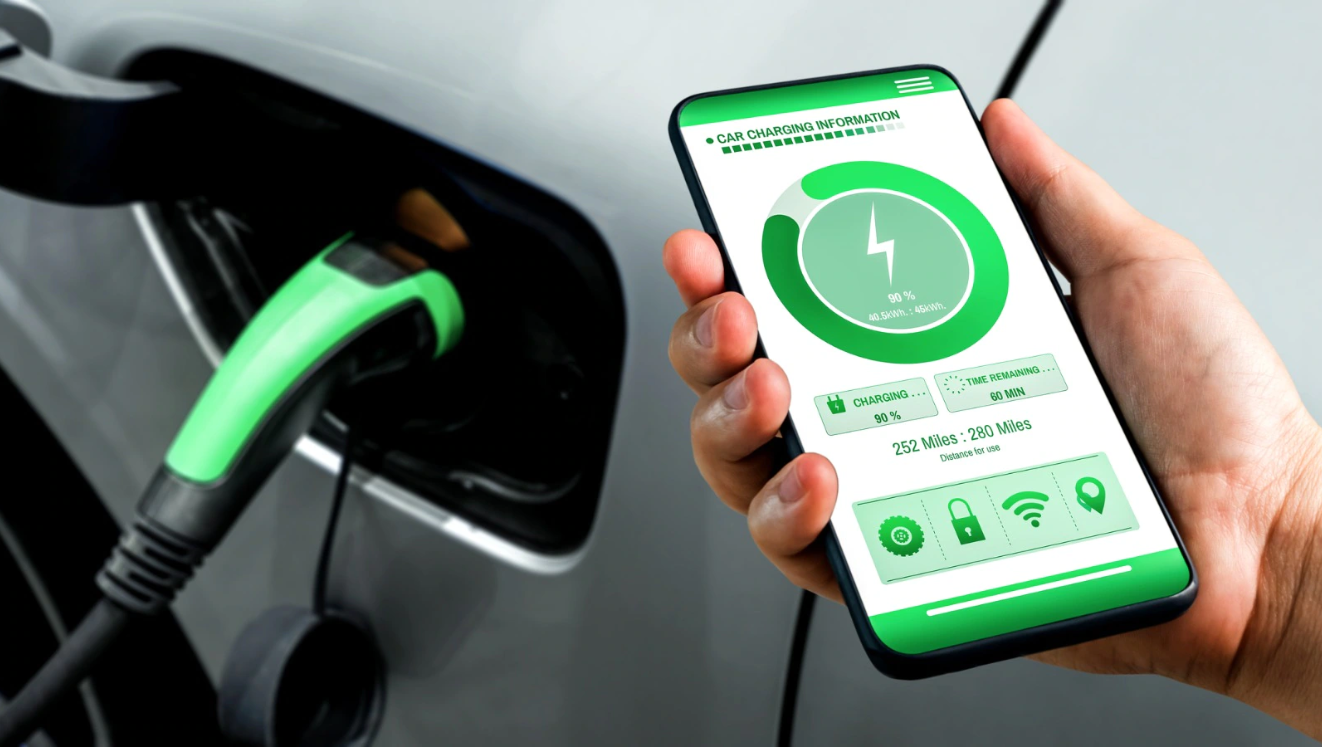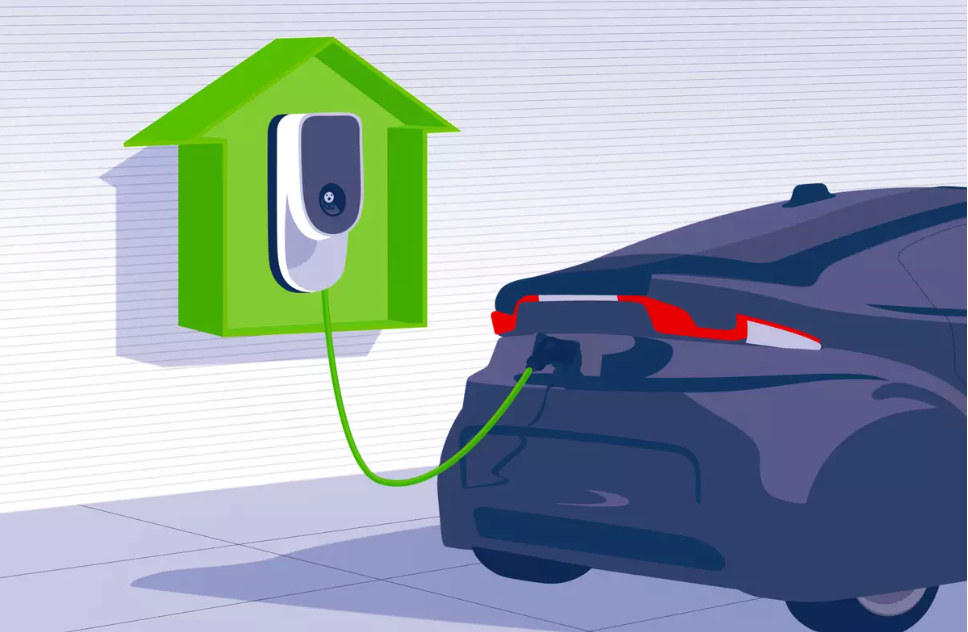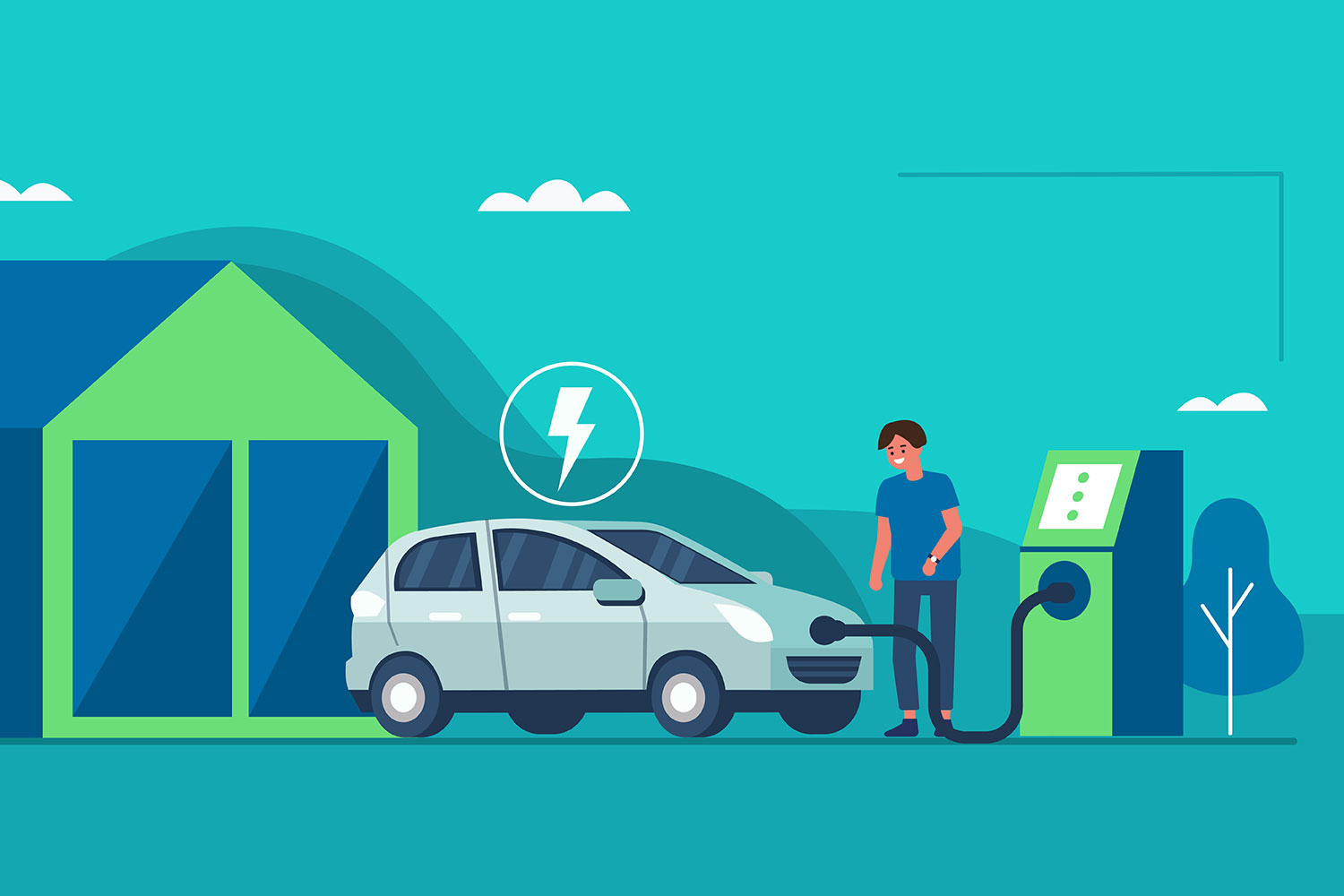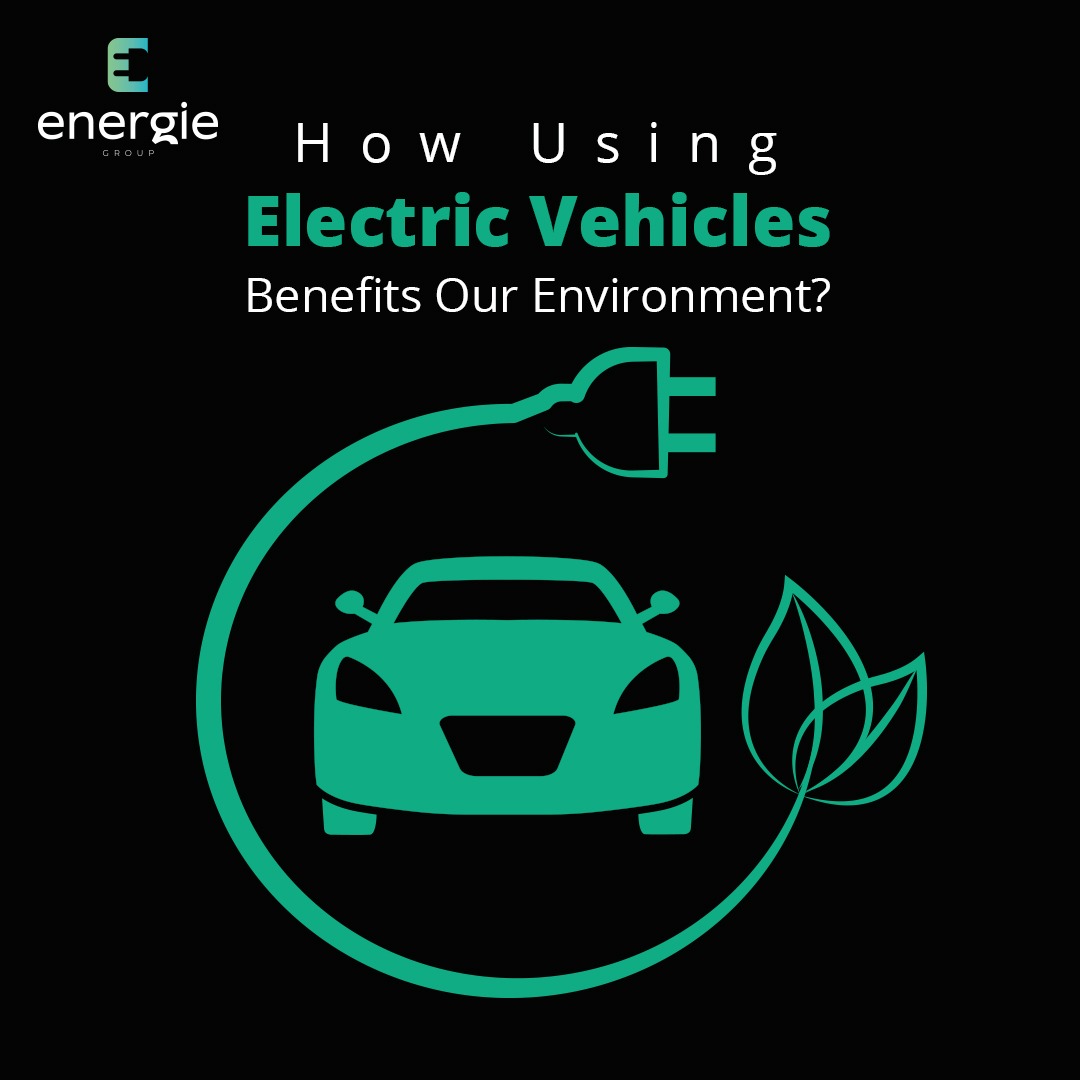Electric car chargers nowadays come with a vast variety of features. It takes a bit of time getting used to changes you must experience when owning an electric car.
Figuring out where car charging points are or where to put electric charging point installation are just a few changes you are submitted to if owning an electric car. There are a few things that can help your electric vehicle charging experience go smoother and stress free. Living in a modern era where so many things can be done through phone apps, it is no wonder that phone apps attached to electric car charging features as well. They help you find car charging point installations, determine what level of fast charging your car charger is. Phone apps also can monitor charging status when they are plugged in, electric car owners can plan routes to maximize electric car available range. There are also phone apps that let you reserve car charging points for specific time and day.
The most useful phone apps if you are electric cars owner are:
-
PlugShare
This app is the most popular among EV owners. It is the largest EV driving community as it is said on the app itself. This app helps you find car charging points, or electric charging point installation locally and when on the road. It has filter features to search by plug-in type for example, charging speed including level 1 and level 2 and DC fast chargers. There is also a feature to filter by charging provider and the PlugShare map comprehensive car charging points information for every big charging network in North America, Europe and much of the rest of the world.
With this app you can find public car charging points or electric car charging point installation, use filters mentioned above eg. for connector type, charging speed and amenities. You can also check for car charging points functionality and current availability, link to a navigation app for directions to your selected charger, pay for charging with Pay with PlugShare and observe your session, add new charging point installation as you find one and so many other features that will make your EV life a lot easier.
-
ChargePoint
This is another app with a great charging network with more than 100,000 car charging points. It helps you find which stations are available to use in real time, has a start charging feature where by tapping your phone on any ChargePoint station starts charging a car, it gets real time updates about your charging status, it finds car with car charging points that work with your EV and filters for fast chargers, it schedules charging, sets reminders and tracks usage.
-
EVgo
Having this app allows you to charge your EV fast, reliably and on the go. You can find fast chargers then see if they are available in real time. You can view car charging points site details, parking, prices and photos. You can also use advanced search options to find site host name, points of interest or location. You can also, as in previously mentioned apps, filter by connector, charger power and reservable chargers. You can scan your VIN to find car charging points compatible with your EV’s charging plug-in.
Electric vehicle charging has become much easier and stress free with the phone apps. Your Electric cars will be thankful for not spending extra miles searching randomly for car charging points.
Keywords: car charging points, charging car, electric vehicle charging, electric charging point installation, electric cars.





